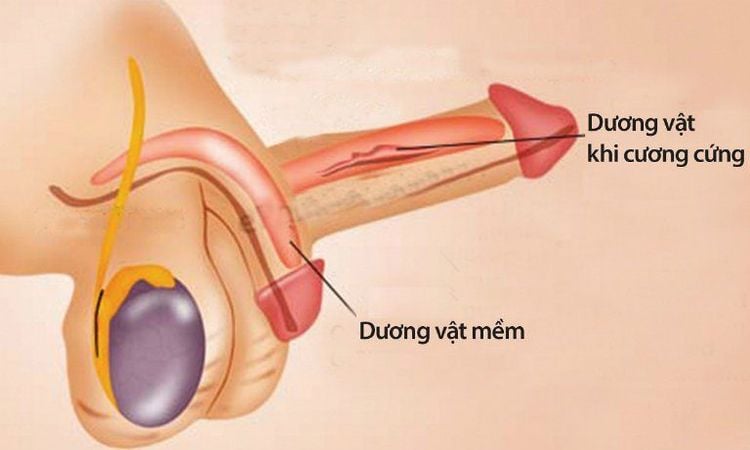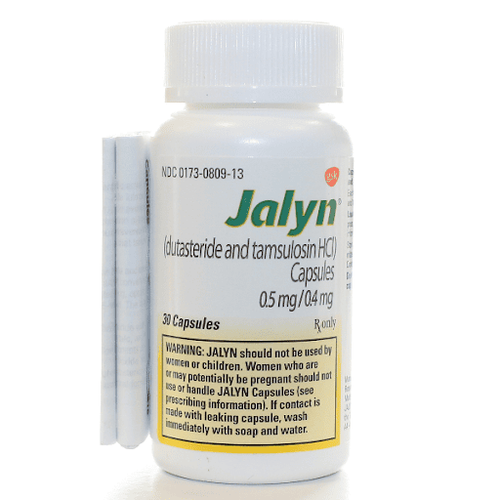This is an automatically translated article.
An impotent penis not only causes stress, anxiety and loss of self-confidence in men, but also affects the quality of mental, emotional and sexual life. So why is the penis hard and hard to maintain?1. Overview
1.1. The erection process of a man's penis to get an erection requires a coordinated action of the hormones, muscles, nerves and blood vessels that accompany sexual arousal. Nerve signals from the brain are sent to the genitals to direct the muscles to relax and allow blood to flow into the tissues inside the penis.
Once blood has filled the penis and an erection is achieved, the blood vessels close so that the erection is maintained. After sexual arousal ends, blood vessels open up and allow blood to flow.
1.2. Erection problems in men Sometimes, a man may have difficulty achieving or maintaining an erection that is strong and long enough for sexual intercourse. These problems are also known as erectile dysfunction (ED) or sexual impotence.
These cases would not be serious if they only occurred about 20% of the total life time. However, if the condition of the penis is hard or the penis is not hard for a long time, which occurs frequently, accounting for nearly 50% of life time, it is likely to signal a physiological health problem that requires professional examination.
1.3. According to some studies, 26% of men aged 17-40 years have moderate to severe erection problems. Recent statistics show that erectile dysfunction in men tends to be younger and younger, so young people between 20 and 30 years old can also experience erectile dysfunction for a long time.
Erectile dysfunction in young men has more to do with lifestyle and mental health than medical conditions. These are the subjects who use more tobacco, alcohol and drugs than older men. In addition, young people are often anxious and stressed or easily fall into a state of depression.

Dương vật khó cứng ở giới trẻ
2. The reason why the penis is not hard for a long time
2.1. Pathology Commonly seen in older men, penis hardening occurs due to disorders in the nerves and related blood vessels, as a result of a number of conditions such as:
Heart disease or atherosclerosis / stiffening of the arteries circuit; High blood pressure or cholesterol; Multiple Sclerosis (MS); Liver or kidney disease; Penis curvature (Peyronie); Diabetes, obesity, Parkinson's, ... 2.2. Psychology Emotional problems can prevent men of all ages from being sexually aroused, or in other words, an erection of the penis. Specifically:
Worrying about their own sexual "brave"; Prolonged economic, work and social stress; Conflict in relationships; Depression or depression. 2.3. Other predisposing factors Some other possible causes of penile erection failure include:
The effects of beta-blockers, diuretics, muscle relaxants or anti-depressants; Trauma to the spinal cord or genitals; Congenital genital defects; Have had prostate treatment. 2.4. Lifestyle Many causes of erectile dysfunction are related to an unhealthy lifestyle, such as alcohol abuse, long-term smoking, unhealthy diet and inactivity.
3. Diagnosis and treatment
3.1. Diagnosis To determine the cause of the penis not being erect for a long time, the doctor may ask the patient to perform some of the following tests:
Complete blood count (CBC) to check the number of red blood cells (RBC) ; Measure levels of the male hormones testosterone and prolactin; Nighttime penile erection monitoring (NPT); Duplex ultrasound (combining basic ultrasound with Doppler ultrasound); Analysis of protein and testosterone levels in the urine.

Chẩn đoán và điều trị tại bệnh viện
In addition, the doctor will examine the patient's penis, rectum, and prostate gland, as well as the patient's nervous system function. In addition, some information related to the onset of symptoms and the patient's medical history and general health will also be exploited. Based on the results of the diagnosis, treatment will be given appropriate for each specific cause.
3.2. Treatment The severity of erectile dysfunction is usually graded on 3 scales: mild, moderate, and severe. The first step in the treatment process is to determine the extent of the patient's symptoms of erectile dysfunction.
Then, one or a combination of the following measures can be selected:
Inject alprostadil (Caverject, Edex) into the cavernous corpus callosum of the penis; Injecting the drug into the urethra of Prostaglandin E1 (MUSE); taking the oral medication sildenafil (Viagra) or tadalafil (Cialis); Penile implant surgery; Use a vacuum pump support device.
4. Prevent hard hard penis
Hard erection or the penis does not last long is due to inadequate and stable blood flow to the "boy". Therefore, improving the health of the circulatory system plays an important role in preventing erectile dysfunction. Patients need to adjust to a healthier lifestyle by:
Stop smoking and stimulants, reduce alcohol; Take plenty of time to rest and consult a psychologist if necessary; Build a scientific diet, avoid unhealthy fats, too much sugar and salt; Exercise regularly, giving priority to cardio exercises such as jogging, cycling, swimming or aerobics; Share with your partner about the problem you are having. In addition, treatment and prevention of chronic diseases, such as diabetes and heart disease, as well as taking medications exactly as prescribed by your doctor can help improve the condition of the penis.
In general, erectile dysfunction problems are quite common and can happen to men of any age. Hard penis makes men no longer desire or arousal, as well as difficult to achieve orgasm and satisfaction in sex life. Recognizing the warning signs and timely examination will help the treatment methods for the condition of the penis that do not last for a long time to be effective.
Please dial HOTLINE for more information or register for an appointment HERE. Download MyVinmec app to make appointments faster and to manage your bookings easily.
Reference source: healthline.com; webmd.com












